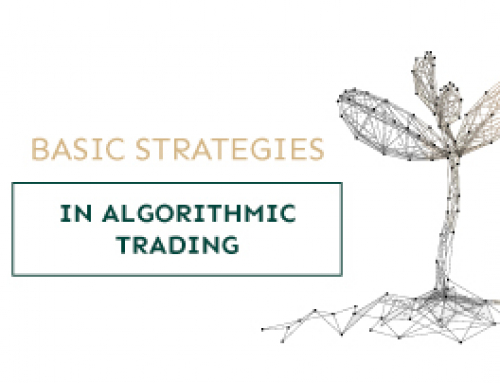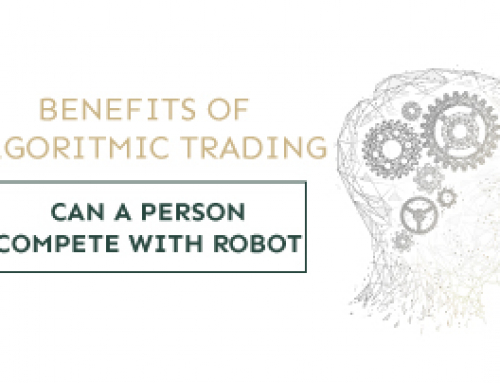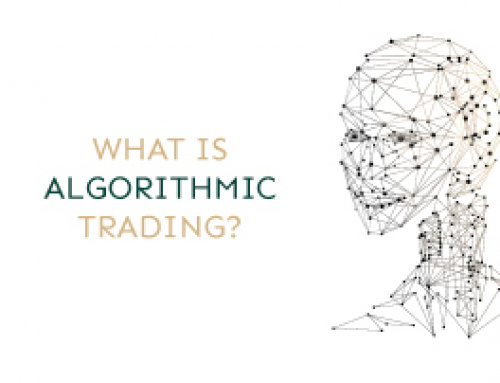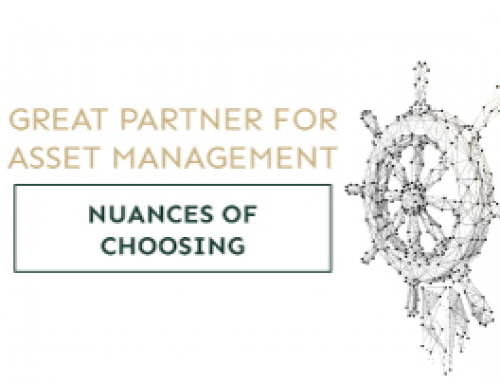At first, the creation of Bitcoin by Satoshi Nakamoto attracted the attention of enthusiasts of the digital world. Later, the cryptocurrency became the property of a wide range of users. Representatives of shadow circles and scammers also showed interest in digital assets. First of all, they were interested in the imaginary anonymity of cryptocurrency. You can make transfers or accept payment for goods without the participation of banks and the control of regulators. Many believe that bitcoin and altcoins have gained widespread popularity mainly due to scams and the dark web.
What is Darknet?
This word means sites that specialize in illegal operations. This is an analog of the shadow market in the network. The heyday of the darknet came at the beginning of the 21st century. Hundreds of sites and forums sprang up where users could buy any prohibited items (drugs, weapons). Access to these resources is possible using peer-to-peer protocols.
Using this method of information exchange provided the attackers with anonymity. The only weak link in this chain is the financial side. To pay for the services of criminals, you need to connect a bank card. Financial regulators got access to all information on the transaction. Law enforcement agencies could find counterparties of the transaction.
The attackers used figureheads to draw up bank cards and open accounts. But this is not the most reliable option.
With the advent of bitcoin, and later altcoins, the darknet had a real anonymous currency. You can create a wallet in a few clicks without providing personal information, passport, phone number. In addition, a bitcoin transaction cannot be canceled and the user cannot be blocked.
Therefore, the darknet for bitcoin became the first really large market.
Darknet Sites
Among the variety of platforms for illegal operations, the most famous is Silk Road. To access the offered goods and services, the Tor browser was needed.
Silk Road was founded in 2011. The platform worked in various areas of illegal activity, however, there were certain restrictions. Were officially banned:
- Child pornography.
- Contract killings.
- Sale of financial information.
The bulk of Silk Road’s turnover came from drugs and illicit pharmaceuticals. To pay for any goods or services, participants in transactions used bitcoins. The monthly trading volume during the heyday of the platform exceeded $1 million.
If we superimpose this information on the turnover of bitcoin in the same 2012, it turns out that about 5% of all transactions with BTC were associated with the darknet. In other words, every 22 bitcoins are dirty.
In 2013, American intelligence agencies managed to close the Silk Road. They arrested the founder of the resource and imprisoned him for life. This event brought down the price of bitcoin.
Silk Road’s competitor was the Atlantis service. During its short existence (six months), the resource was marked by the use of not only bitcoin but also other cryptocurrencies, in particular litecoin. The closure happened voluntarily, the owners of the resource were afraid of the fate of the founder of Silk Road.
After the closure of the first two resources, Agora took the lead. This is a marketplace that existed on the Tor network. Drugs, weapons, and other illegal goods were sold here. The total volume of transactions for 2 years of existence of Agora was $220 million.
The Russian RAMP marketplace has been operating for 5 years. Here they traded drugs, illegal pharmaceuticals, weapons. Accepted for payment of any cryptocurrency.
Hydra is a marketplace on the Tor network. Known for the fact that for the first time an openly criminal resource tried to enter the ICO. We planned to sell Hydra tokens and attract investments. In 2020, the marketplace turnover was more than $1.3 billion. Here you can order financial services, anonymization tools, service hacking, and “traditional” goods (drugs, weapons).
According to Chainalysis analysts, almost a third of all crypto wallets contain coins and tokens with a “dirty” footprint. This does not mean that every third cryptocurrency owner is a scammer. Legal exchanges for trading and exchange services have a much larger turnover.
The use of cryptocurrencies for criminal purposes is associated with a number of misconceptions.
Main Myths
Cryptocurrency is completely anonymous. Actually, it is not. Each network user can find out the address, amount, or time of the transfer. You cannot link a wallet address to a specific user. However, with the help of special equipment, special services determine the IP addresses of cryptocurrency senders. For greater anonymity, there are special services – anonymizers, bitcoin mixers.
Cryptocurrency allows you to launder “dirty” money. Without the adoption of regulatory laws and the participation of the state in the development of the digital market, this is possible. However, almost all countries adopt special legislation to regulate the circulation of cryptocurrencies. To combat money laundering and terrorist financing, many services use AML and KYC methods.






Leave A Comment